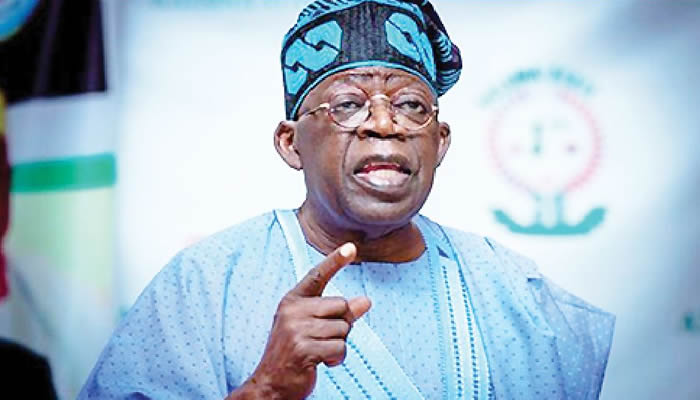President Bola Tinubu has reaffirmed his administration’s commitment to overhauling Nigeria’s health sector, with a strong emphasis on tackling the persistent power supply crisis crippling the nation’s hospitals.
Represented by the Secretary to the Government of the Federation, Senator George Akume, at the National Stakeholders’ Dialogue on Power in the Health Sector in Abuja on Tuesday, the President declared that no Nigerian should lose their life because of electricity interruptions in medical facilities.
“Today, we face a pressing issue that affects every Nigerian: the persistent power supply crisis in our tertiary hospitals and public health institutions. In surgical theatres, maternity wards, intensive care units, laboratories, and emergency rooms across the country, power outages too often compromise safety, interrupt care, and cost lives. This crisis demands our immediate attention and concerted action,” he said in a statement issued by the SGF’s media aide, Yomi Odunuga.
Tinubu described the situation as unacceptable and pledged that his government would prioritise sustainable energy solutions for health facilities nationwide.
“These outages cannot continue, and under our administration, they should not. Lives are at stake. We must act now,” he stressed.
The President explained that improving energy supply in healthcare is a key part of the Renewed Hope Agenda, which seeks to decentralise energy systems and encourage private sector participation.
“My administration is fully committed to transforming the health sector by targeting innovative solutions to its hydra-headed challenges, including sub-optimal, inefficient, and uneconomical electricity supply that drives up costs, disrupts care, compromises quality, and increases patient dissatisfaction.
“This initiative to advance energy solutions in our hospitals is not isolated; it is integral to addressing energy poverty in Nigeria by deploying tailor-made solutions and fostering private sector involvement,” Tinubu added.
He reassured investors of a business-friendly environment in the health, energy, and infrastructure sectors, pledging collaboration with credible partners, particularly in renewable and hybrid energy systems.
Citing national programmes, Tinubu pointed to the Energy Transition Plan and ongoing power sector reforms as building blocks for cleaner, decentralised, and more resilient energy systems. He noted that the plan prioritises off-grid solar and hybrid systems for public institutions, with incentives, regulatory support, and innovative financing to attract investments.
Nigeria’s health sector has long grappled with underfunding, poor infrastructure, and systemic inefficiencies. Among the most dangerous challenges is unreliable power, which has repeatedly endangered patients and strained medical staff.
In August 2024, the Federal Government announced a 50 per cent electricity subsidy for hospitals and schools to ease rising energy costs. But months later, the Medical and Dental Consultants’ Association of Nigeria reported that many hospitals were still paying full tariffs, raising doubts about the policy’s implementation.
In February 2025, Coordinating Minister of Health Muhammad Pate revealed that the national budget had made provisions for solar projects in hospitals, including the University College Hospital, Ibadan, which had suffered a notorious 100-day blackout that disrupted surgeries, diagnostics, and training.
Further efforts followed in March 2025 when the government convened a national dialogue and inaugurated a multi-agency committee to craft a comprehensive health-sector energy policy. And in August 2025, Tinubu approved ₦100bn for the National Public Sector Solarisation Initiative, targeting hospitals and other public institutions.
Yet, despite these initiatives, power remains unreliable in many hospitals, especially outside major cities, where staff often resort to flashlights and diesel generators during critical procedures.









